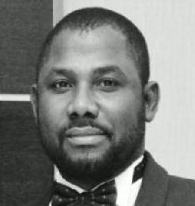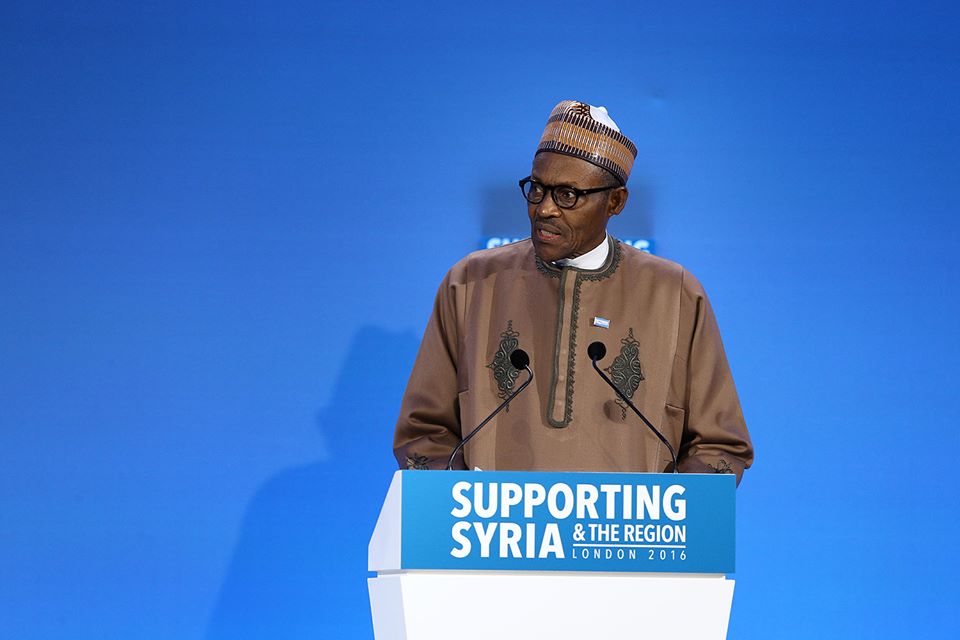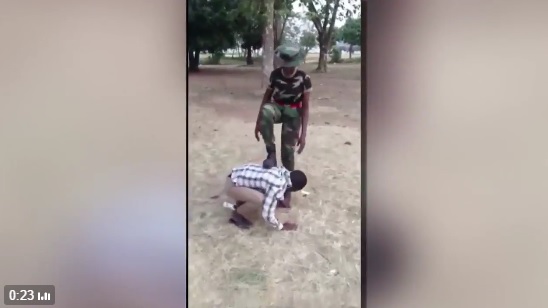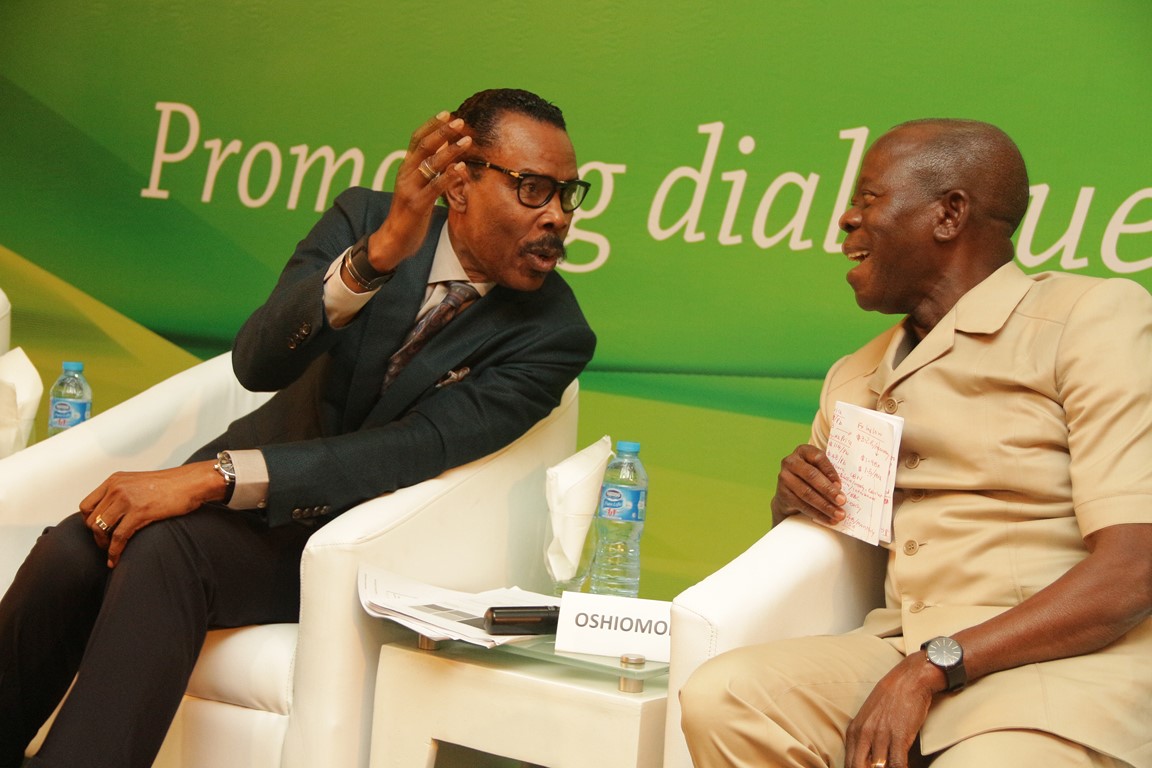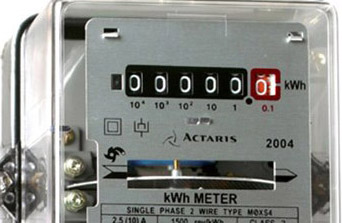So President Muhammadu Buhari was in London a week ago. Before the President’s visit I had received a message from an Indian friend, also a bona-fide Londoner who is very keen on everything Nigeria. Interestingly, he is one of many foreigners in London who, if possible, will not think twice to add to theirs a new cultural identity. Having mixed, integrated, and completely sold out on the way of life of people of different cultures and nationalities. This is a major fascination about London life. I doubt if there is any modern City of the world that is as culturally diverse as London. That is why serious cross-cultural interactions, even marriages are regular occurrences amongst the diverse nationalities who inhabit the city.
My friend, as he would also say, “narrowly missed the opportunity to marry a Nigerian.” But he has resolved never to miss any chance to enrich himself in the knowledge of Nigeria, its politics, its business environment and the general way of life of its major tribes, if not all. That is how strongly my man is devoted to the Nigerian project. As such the guy was quick to inquire if I will be present at one of the unofficial meetings during President Buhari’s three-day trip to London which primarily was for an international conference on the Syrian crisis and the on-going war on terror. He wanted to know if I will be there, and if he could come along.
Of course, it was impossible for me to be at any of the meetings given other previously scheduled personal activities. But it should be noted that it is not uncommon to have a national of another country in such unofficial parleys essentially based on the interests highlighted earlier.
Unsurprisingly, it was this same fellow that first brought to my attention, even before it became widely known in Nigerian circles, that President Buhari had made some uncharitable comments about Nigerians in an interview with a leading UK’s newspaper, The Telegraph, during the visit.
Advertisement
Following the interview, the British newspaper did a news story with a cleverly crafted headline that reads: “Nigerians’ reputation for crime has made them unwelcome in Britain, says country’s president”. And the paper further moved to publish the full interview, as if to prove that the headline used in the previous story, which had been reproduced by some Nigerian online news platforms suggesting that the President had referred to all Nigerians as criminals was actually produced from the exact comments made by the President during the interview.
Thus, the newspaper seemingly left it to us to further interrogate the comments and make our deductions. That, in any case, is typical of foreign media, or should I say the British press.
Hence, to me, the argument shouldn’t really be about the exact words chosen by Buhari while fielding questions from The Telegraph but how he framed his responses; and how he has been conducting his conversations with the foreign media with whom he has accorded much preference in passing very crucial messages across. This is where it has become absolutely imperative for the President to mind the delicate gap as he keeps connecting the world with his Shuttle Diplomacy.
Advertisement
The “mind the gap” phrase, a popular warning written on train platforms and echoed by London’s station announcers to warn the commuters to mind the gap between the train and the platform to prevent personal injury as well as passenger collision, was brought into my discussion with my Indian friend on this matter.
We reckoned that in statecraft, especially as it concerns interaction with a foreign government, a visiting leader needs to be extremely cautious of the gaps between the agents of the government, including the foreign media which always has its agenda on their government’s policies, and the views of the visitor particularly on issues that connect the visitor’s nationals with the foreign land.
Relevant instances were made on the official visit of India’s Prime Minister Narendra Modi to London in November 2015. Modi, a leader that rose to power on a popular vote, has a cult-like following amongst his people like President Buhari. He had the programmes for the trip to the UK which include a reception with the Queen well-articulated. According to my friend, information had reached the office of the PM before the trip that questions would be asked on the number of Indians in UK’s prisons and on the new Prime Minister’s (PM) human rights record – until 2012, the PM was a persona non-grata in the UK over allegations that in 2002, when he (Modi) was chief minister of Gujarat, he failed to stop anti-Muslim riots in which 1,000 people died. With that in mind, the PM’s team moved to ensure that the importance and invaluable contributions of Indians to the UK’s economy, and positive symbolism of Modi’s leadership to his people would be accentuated in all his engagements during the trip.
Guess what? The planning turned out great as Modi was hosted to what was described as an Olympic-style reception in Wembley stadium as part of the state visit, the largest an Indian PM has ever received anywhere outside India. If you ask me, that is smart diplomacy! The kind of deft move expected of President Buhari during his several international trips, which will most certainly save him from slipping into precarious gaps. It’s also high time President Buhari allowed his Minister of Foreign Affairs, who is said to be a competent diplomat with a very good diplomatic team come on stream.
Advertisement
Views expressed by contributors are strictly personal and not of TheCable.
Add a comment
